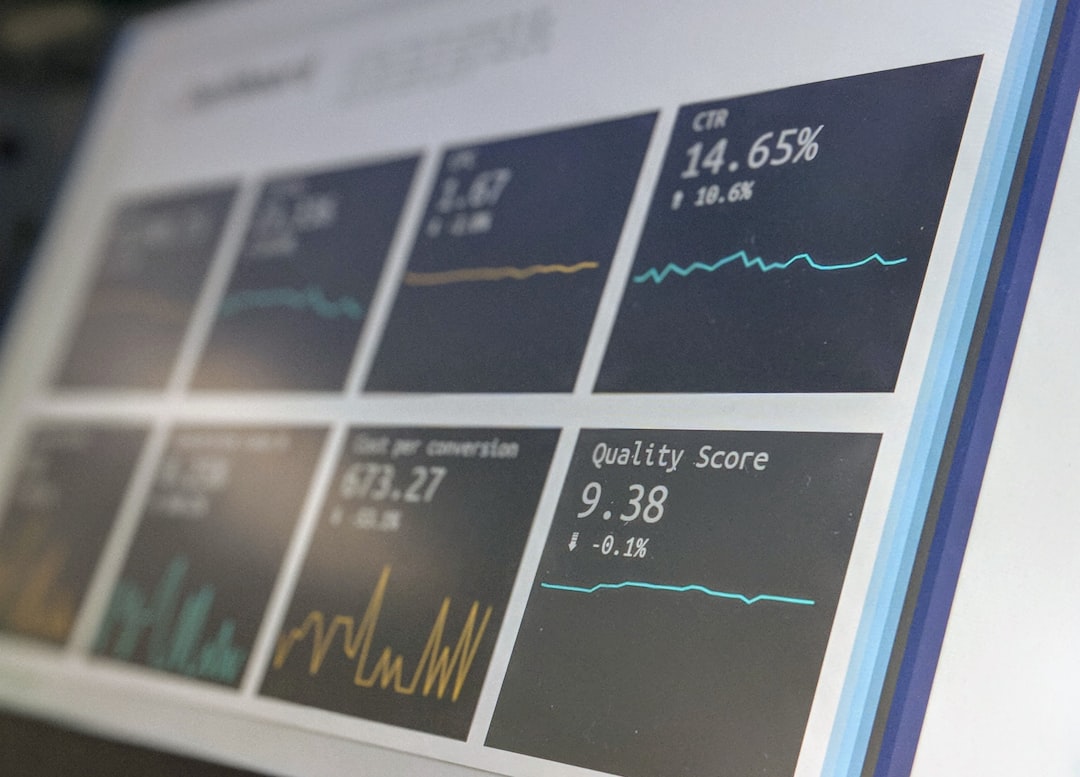What is it about?
This paper introduces a technique to model change in retrospective studies using linear segments. This can aid in identifying hidden trends in data.
Featured Image
Why is it important?
Retrospective data is increasingly abundant, but researchers often rely on prospective trials to distinguish association from causation. Using segmented linear regression in retrospective studies can yield more information from that large amount of retrospective data available, and provide more information to guide prospective trials.
Read the Original
This page is a summary of: Segmented Linear Regression Models for Assessing Change in Retrospective Studies in Healthcare, Computational and Mathematical Methods in Medicine, January 2019, Hindawi Publishing Corporation,
DOI: 10.1155/2019/9810675.
You can read the full text:
Contributors
The following have contributed to this page










